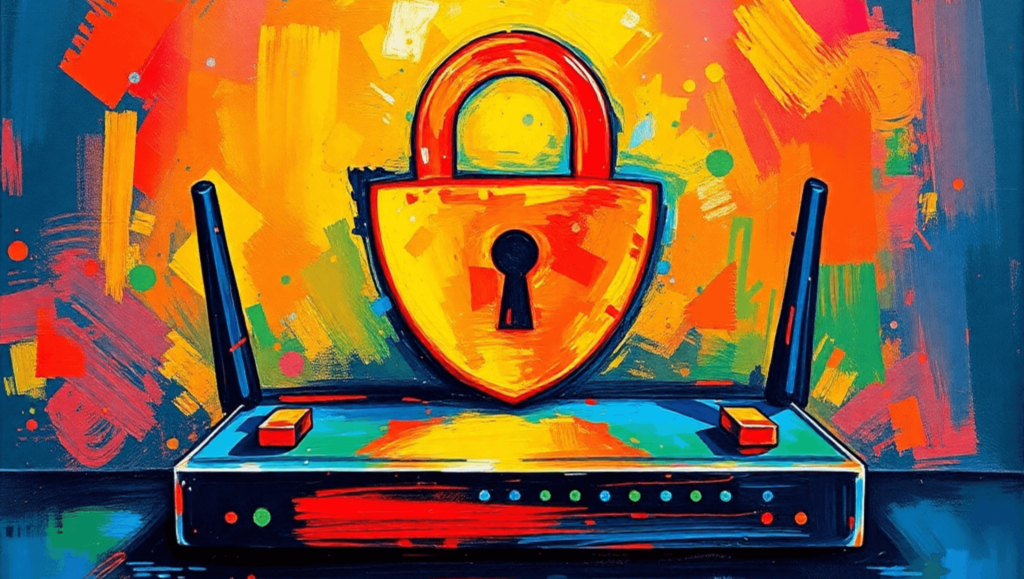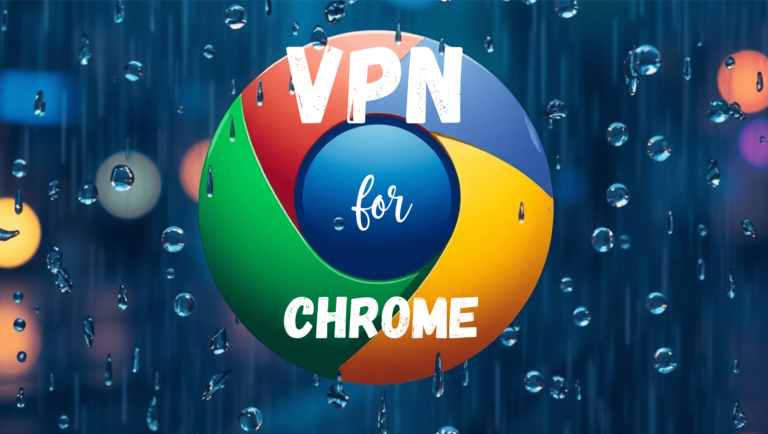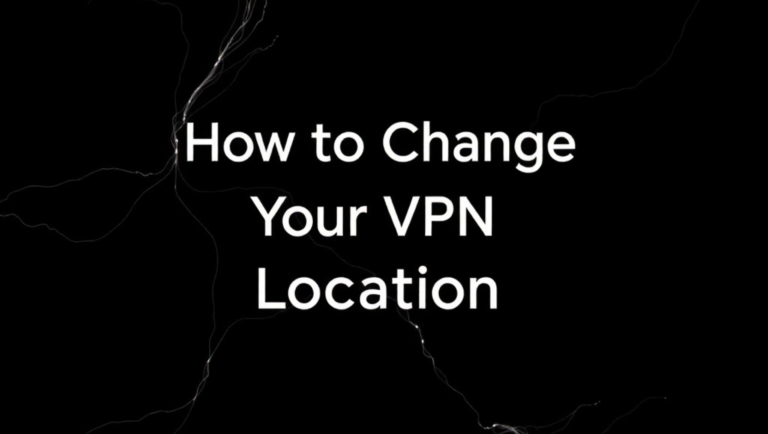
Online privacy and security have become paramount concerns for many users in today’s digital age. One effective way to enhance these aspects is by setting up a VPN on your router. This guide will walk you through everything you need to know about VPNs on routers, including why you should consider this option, how to set it up, and the benefits it can offer. Configuring a VPN on your router provides an all-encompassing solution to protect every connected device in your home.
Why Use a VPN on Your Router?
Comprehensive Device Coverage
By setting up a VPN on your router, all devices connected to the network—from smartphones to smart TVs—benefit from encrypted traffic. This eliminates the need to install a VPN on each device individually, saving time and ensuring comprehensive protection.
Always-On Security
Unlike VPN apps that must be activated manually, a router-based VPN provides constant protection. Whether browsing, streaming, or working, your data remains encrypted 24/7.
Overcoming Device Compatibility Issues
Some devices, such as gaming consoles and IoT gadgets, don’t support standalone VPN apps. A router VPN bypasses this limitation, ensuring the security of every device connected to your network.
How to Set Up a VPN on Your Router

Step 1: Check Your Router Compatibility
Not all routers support VPN configurations. Look for routers labelled as “VPN-ready” or check the manufacturer’s documentation. Popular VPN-friendly routers include ASUS, Linksys, and Netgear models. If your router isn’t compatible, consider upgrading to a VPN-ready router.
Step 2: Choose a VPN Service
Select a reliable VPN provider that supports router configurations. Options like NordVPN and ExpressVPN are known for their extensive compatibility and user-friendly setup guides.
Step 3: Access Router Settings
Log in to your router’s admin panel. This is typically done by entering your router’s IP address into a browser. Shared IPs include 192.168.1.1 or 192.168.0.1. Use your admin credentials to access the settings.
Step 4: Configure the VPN
Follow your VPN provider’s instructions for router setup. This often involves:
- Uploading VPN configuration files
- Entering your VPN login credentials
- Selecting a server location
Step 5: Test Your Connection
Once the VPN is configured, test the connection to ensure it’s working correctly. You can use online tools like WhatIsMyIPAddress to verify your IP address and confirm that the VPN is active.
Benefits of Using a VPN on a Router
Enhanced Privacy
All Internet traffic from your network is encrypted, protecting sensitive data from hackers, ISPs, and government surveillance.
Unrestricted Access
By routing your connection through servers in different regions, a router-based VPN allows you to bypass geo-restrictions and access content from anywhere in the world.
Simplified Management
With a single configuration, you can protect multiple devices without juggling multiple app installations or subscriptions.
Common Challenges and How to Overcome Them
Slower Speeds
Encrypting all traffic through a VPN can slow down your internet speed. To mitigate this, choose a provider with high-speed servers and opt for nearby server locations whenever possible.
Limited Router Compatibility
If your router isn’t VPN-compatible, consider using custom firmware like DD-WRT or OpenWRT. Be cautious, as improper flashing can void warranties or damage your router.
Complex Setup
Configuring a VPN on a router can be intimidating for beginners. Many providers offer step-by-step guides and customer support to facilitate the process.
Best VPN Providers for Routers
NordVPN
NordVPN is known for its extensive server network and robust security features. Its official site offers detailed guides for router configuration. Learn more.
ExpressVPN
ExpressVPN provides pre-configured routers for hassle-free setup and is compatible with various third-party routers. Explore their offerings on ExpressVPN’s website.
Surfshark
Surfshark is an excellent choice for families. It offers unlimited device connections and budget-friendly plans. Learn more at Surfshark’s website.
Final Thoughts
A VPN on your router is a powerful way to enhance online privacy and security. Protecting all devices on your network allows you to enjoy peace of mind and unrestricted Internet access. Whether you’re a seasoned tech user or a beginner, investing in a VPN-compatible router is worth it for comprehensive protection.
Check out PCMag’s Best VPN Routers for more insights and expert recommendations.



